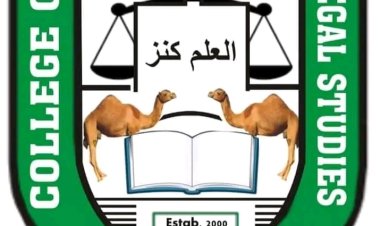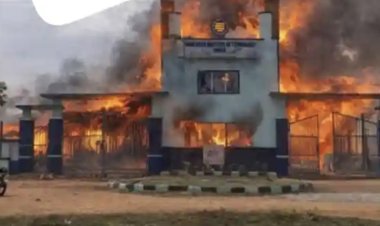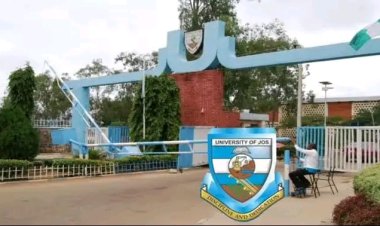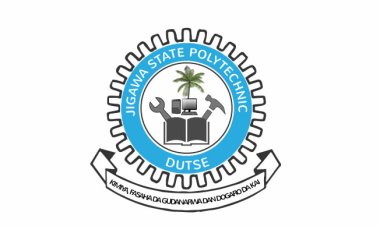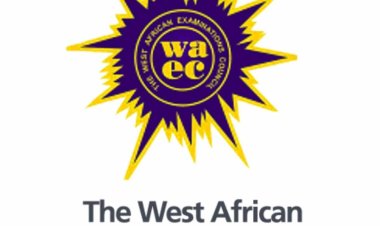Stakeholders Convene at UNILAG to Address IUU Fishing and Plastic Pollution in Nigeria’s Coastal and Marine Ecosystems
Stakeholders from academia, environmental, agricultural, and maritime sectors convened at the Nigerian West Africa Case Study Stakeholders’ Participatory Workshop held in UNILAG to address sustainability challenges in Nigeria's coastal and marine ecosystems.
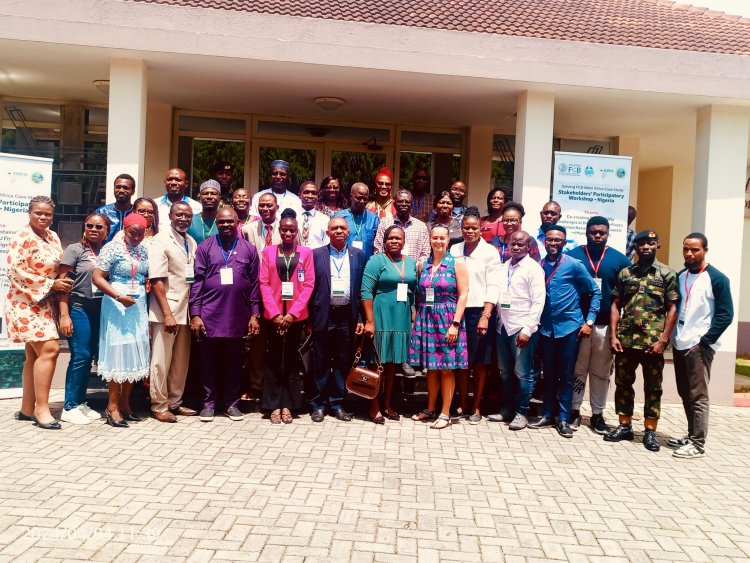
In a collaborative effort aimed at tackling sustainability challenges in Nigeria's coastal and marine ecosystems, stakeholders from academia, environmental, agricultural, and maritime industries gathered to discuss issues related to Illegal, Unreported, and Unregulated (IUU) fishing and plastic pollution.
RECOMMENDED: LAUTECH Acting VC Urges New Students to Adhere to Institution's Rules
The discourse took place during the Nigerian West Africa Case Study Stakeholders’ Participatory Workshop on Solving Sustainability Challenges at the Food-Climate-Biodiversity Nexus (Solving FCB) held at the Arthur Mbanefo Digital Research Centre (AMDRC) on Thursday, April 4, 2024.

Under the theme "Co-creating Sustainability Challenges at the IUU Fishing-Plastic Pollution Nexus in Nigeria’s Coastal and Marine Ecosystems," participants were drawn from various sectors, including academic institutes, inter-governmental and non-governmental organizations, and government agencies such as the Nigerian Maritime Administration and Safety Agency (NIMASA), among others.
During the workshop, attendees engaged in two separate breakout sessions to address the challenges posed by IUU fishing and plastic pollution in Nigeria's coastal and marine environments. In the first session, discussions centered on the roles of individuals and organizations in monitoring IUU fishing activities, as well as the various challenges and vulnerabilities associated with these illicit practices. Issues such as insufficient funding, outdated policies, and the lack of political will were highlighted as major obstacles.
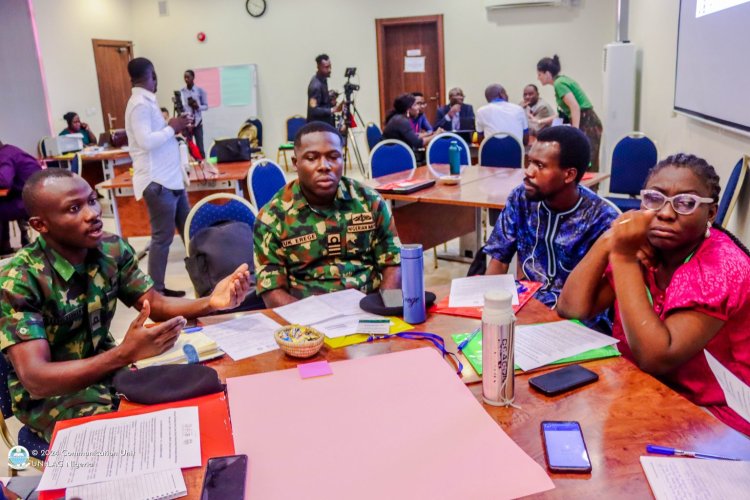
SEE MORE: UNILORIN Expels and Rusticates 19 Students for Alleged Offences
Similarly, the second breakout session focused on plastic pollution management, with participants identifying the socio-cultural, economic, political, and environmental challenges posed by plastic waste in coastal waters. Training gaps, implementation challenges, and the need for intersectoral collaboration were also deliberated upon.
The workshop also featured insights from esteemed speakers, including Prof. Bola Oboh, Deputy Vice-Chancellor (Academics & Research) and Director of the TETFUND Centre of Excellence in Biodiversity Conservation and Ecosystem Management (TCEBCEM) at UNILAG, as well as Project Advisors Prof. Matthew Ilori and Prof. Adebayo Otitoloju. Dr. Laura Pereira, an Associate Professor at the University of the Witwatersrand, delivered a presentation on the "Introduction of the Nature Futures Framework (NFF) and Building Desirable Futures Scenarios."
The Solving Sustainability Challenges at the Food-Climate-Biodiversity Nexus (Solving FCB) initiative, funded by the Social Sciences and Humanities Research Council (SSHRC), aims to address complex sustainability issues through transdisciplinary research. The West Africa Case Study, led by the University of Lagos (UNILAG), focuses on resolving IUU fishing and plastic pollution in the Gulf of Guinea, with the ultimate goal of achieving food security, climate mitigation, and biodiversity conservation objectives.
READ ALSO: ASUU-LASU Officials Appeal for Justice Amidst Dismissal Controversy
With collaboration from partner institutions such as Lagos State University, University of Cape Coast, and Ghana Institute of Management and Public Administration, the Solving FCB Partnership strives to generate actionable solutions that will yield triple benefits for addressing the interconnected challenges of food security, climate change, and biodiversity conservation.

 Chris Oyeoku Okafor
Chris Oyeoku Okafor 